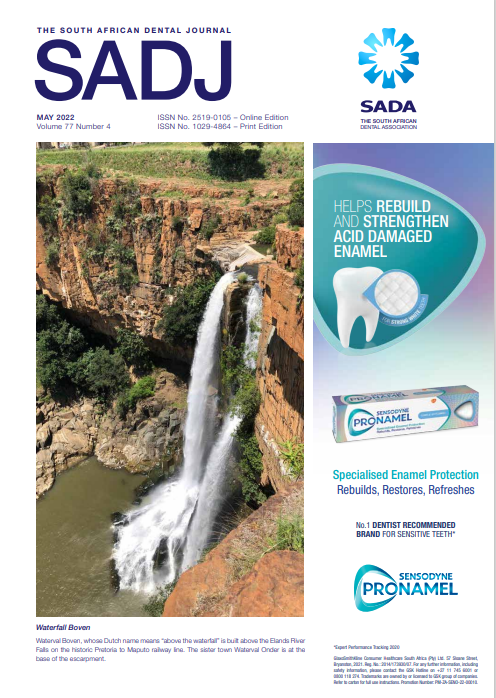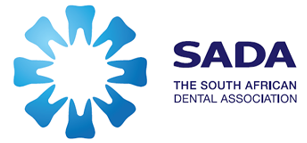Probing Status Quo Bias in Dentistry
DOI:
https://doi.org/10.17159/2519-0105/2022/v77no4a8Keywords:
habitualAbstract
The status quo bias in dentistry refers to a practitioner's preference for certain treatment modalities and resistance to contemplating the need for a change. Lack of updating skills and amending their work routine accordingly can result in them providing treatment that is dated or even totally obsolete. It could even be detrimental to their patient's oral health and open them up to the risk of litigation. The concept of Continuing Professional Development (CPD) was introduced to try enforce clinicians to improve their knowledge and skills, and keep abreast of current best practice recommendations. However, it should not be seen as a mere points collecting exercise that has little effect on bringing about changes in their work. Dentists need to continually review their work, and make adjustments when necessary in order to do better and be better. Only then canthey claim to be acting in their patients’ best interest and fulfilling their duty of beneficence.
Downloads
References
The decision laboratory. Why do we favour our existing beliefs? Accessed at: https://thedecisionlab.com/biases/confirmation-bias. Accessed on: 14-04-2022.
Murphy T (2019). New Coke didn't fail, it was murdered. Accessed at: https://www.motherjones.com/ food/2019/07/what-if-weve-all-been-wrong-about what-killed-new-coke. Accessed on: 06-04-2022.
Nebel JM. Status quo bias, rationality, and conservatism about value. Ethics. 2015 Jan 1;125(2):449-76.
Leventhal H, Singer R, Jones S. Effects of fear and specificity of recommendation upon attitudes and behavior. Journal of personality and social psychology. 1965 Jul;2(1):20.
Coca-Cola (2022). The story of one of the most memorable marketing blunders ever-news & articles. The Coca-Cola Company. Accessed: https://www.coca-colacompany.com/company/history/the-storyof-the-most-memoraable-marketing-blunders-ever. Accessed on: 14-04-2022.
Maharaj S. Mandatory continuing professional development in South Africa: Rehabilitation therapists' perspective. International Journal of Therapy and Rehabilitation. 2013, 20(7): 343-351.
Lombard A, Pruis S, Grobbelaar M, Mhlanga D. Continuing professional development (CPD) for the social work profession in South Africa. Social Work/Maatskaplike Werk, 46(2). Accessed at: https://www.researchgate.net/publication/268177036_ Continuing_professional _development _CPD_for_the_social_ work_profession_in_South_Africa/citation/download Accessed on: 18-04-2022.
Dubin SS. Obsolescence or lifelong education: A choice for the professional. American Psychologist. 1972 May;27(5):486.
Austin T and Graber K. Variables Influencing Physical Therapists' Perceptions of Continuing Education. Physical Therapy. 2007. 87(8), 1023-1036.
Grant R. Continuing education-does it make for a more competent practitioner?. Australian Journal of Physiotherapy. 1994 Jan 1;40:33-7.
Stelmach EI. A staff journal club as a method of continuing education. AORN journal. 1994 May 1;59(5):1061-3
Downloads
Published
Issue
Section
License

This work is licensed under a Creative Commons Attribution-NonCommercial 4.0 International License.






.png)